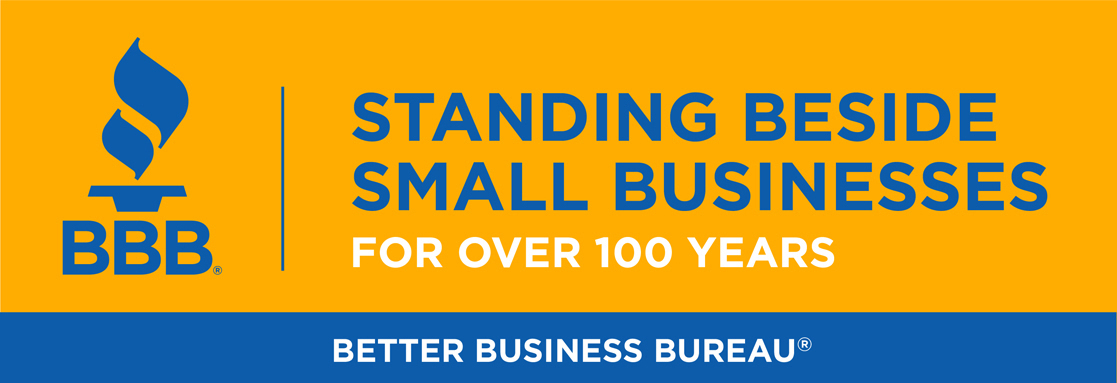Receiving an unsolicited credit card application addressed to your child might seem odd on its face, but it may be a red flag that your child’s identity has been stolen. Better Business Bureau® (BBB®) cautions parents to know the signs and be vigilant about protecting their children’s personal information.
This phenomenon is more common than many people think. While identity theft is a costly and devastating crime for adults – an April 2022 study by Javelin found that 42 million Americans were the victims of identity theft last year, with $52 billion in losses – Javelin also found that more than 1 million children fall victim to identity theft every year. The fake credit established with children’s Social Security numbers can rack up significant debt that can haunt a child’s credit report well into adulthood.
Scammers’ tried-and-true tricks, from impersonating a government agency to combing the dark web for inactive Social Security numbers, play a major part to play in identity theft targeting all ages. The rise of social media also is a factor, Javelin noted; children may unwittingly expose their personal information by being too trusting of someone they meet online. In many cases, identity theft may be perpetrated by a family member or friend.
Better Business Bureau (BBB) Scam Tracker received about 800 reports of identity theft in 2021 and just under 500 such reports so far in 2022. While very few of these reports involve identity theft against children, an Ogden, Utah, woman reported receiving a call in August 2021 that asked for her young son’s Social Security number in order to verify his Medicaid eligibility.
Tips for preventing child identity theft:
• Find out how to check your child’s credit report. Every parent should check his or her child’s credit report on the child’s 16th birthday using annualcreditreport.com, which generates free annual reports from the three major credit monitoring bureaus – Equifax, Experian and TransUnion. While it isn’t a good idea to check it too often, families should check reports in time to fix errors and remove fraudulent activity before their children apply for college and seek financial aid.
• Freeze your child’s credit. Because your child will not need to access credit – e.g., buy a house or car or open a credit card – before late adolescence, parents should consider freezing their credit to be sure no one else can take advantage of their personal data. The three credit monitoring bureaus require parents to do this by mail and to submit copies of official documents proving the child’s identity and the parent’s relationship.
• Keep your child’s personal information safe and secure. Store your child’s Social Security card, birth certificate and insurance cards in a lockbox. Divulge your child’s Social Security number only when absolutely necessary, such as for school registration or medical treatment.
• Monitor your child’s online activity. Know what your child is doing online and with whom your child is interacting. Consider restricting online access, and talk to your child about boundaries with internet strangers.
• Recognize signs of trouble. Calls for your children from collection agencies or letters offering them credit cards are common red flags that indicate a child’s identity may have been stolen. If these occur, contact all three credit bureaus and request a report immediately.




Facebook Comments